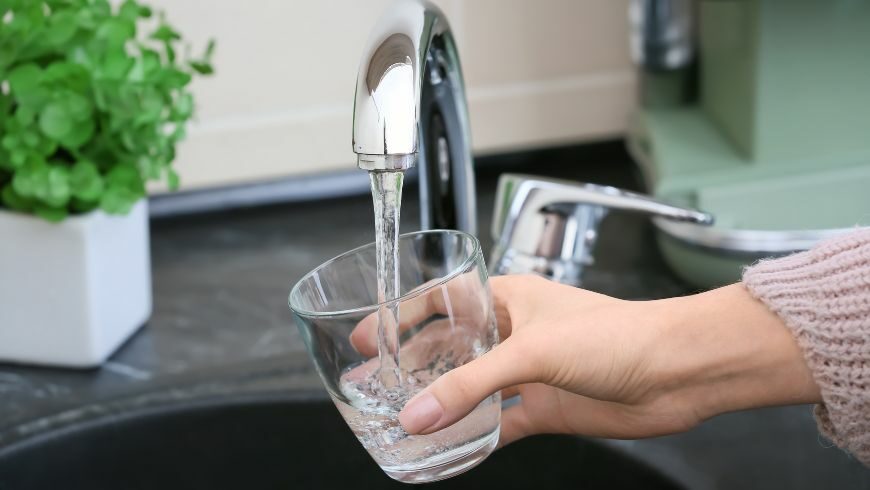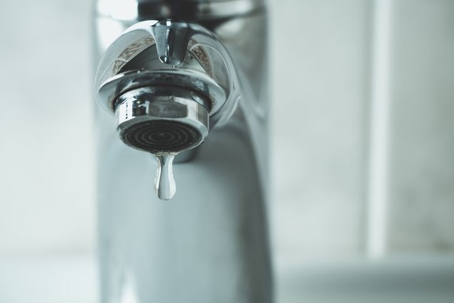Eco-Friendly Plumbing Upgrades for Green Homes
As sustainability becomes more than a trend and moves into a lifestyle, homeowners are increasingly seeking ways to reduce their environmental footprint. One often-overlooked area for making eco-conscious upgrades is plumbing. The systems that carry water in and out of your home have a major impact on water usage, energy consumption, and even long-term utility costs. Fortunately, a variety of eco-friendly plumbing upgrades can help turn any home into a green home.
Why Eco-Friendly Plumbing Matters
Plumbing plays a critical role in a home’s efficiency. Leaky pipes, outdated fixtures, and inefficient appliances can waste thousands of gallons of water each year. Additionally, heating water accounts for about 18% of a home’s energy use, according to the U.S. Department of Energy. By upgrading to greener plumbing options, homeowners can significantly reduce their water and energy bills, while also lessening their impact on the environment.

- Low-Flow Fixtures
One of the easiest and most affordable eco-friendly plumbing upgrades is replacing standard fixtures with low-flow alternatives. Faucets, showerheads, and toilets with the EPA’s WaterSense label use significantly less water without sacrificing performance.
Low-flow showerheads use as little as 1.5 gallons per minute (GPM), compared to traditional models that can use up to 2.5 GPM.
Dual-flush toilets allow users to select a partial flush for liquid waste and a full flush for solid waste, reducing overall water use.
Low-flow faucet aerators can cut water usage by up to 30% in kitchens and bathrooms.
These small changes can add up to major savings over time.
- Tankless Water Heaters
Traditional water heaters constantly heat a tank of water, leading to energy waste—even when hot water isn’t being used. Tankless water heaters, also known as on-demand water heaters, only heat water as needed. This results in:
Lower energy consumption
A virtually endless supply of hot water
Longer equipment lifespan
Though the upfront cost is higher, tankless systems often pay for themselves through reduced utility bills and maintenance costs.
- Greywater Recycling Systems
Greywater—wastewater from sinks, showers, and laundry—can be filtered and reused for non-potable applications like irrigation or toilet flushing. Installing a greywater system is a more advanced plumbing upgrade, but it offers substantial environmental benefits:
Reduces fresh water consumption
Lowers strain on septic or sewer systems
Supports sustainable landscaping practices
In drought-prone areas, greywater recycling is particularly valuable and may even qualify homeowners for local rebates or incentives.
- Smart Leak Detection Systems
Leaks are a silent water waster—some leaks go undetected for months, causing not only higher water bills but also structural damage. Smart leak detection devices monitor your home’s plumbing system in real-time and alert you to unusual activity.
Automatic shut-off features can prevent flooding in the event of a major leak.
Mobile app connectivity allows remote monitoring and control.
By detecting problems early, these systems help conserve water and reduce costly repairs.
- Insulated Pipes
Heating water accounts for a large portion of home energy use, and poorly insulated pipes can cause unnecessary heat loss. Wrapping pipes with insulation:
Keeps water hotter for longer
Reduces the time it takes for hot water to reach fixtures
Lowers the risk of pipes freezing in cold weather
Pipe insulation is a simple, inexpensive project that offers immediate energy savings.
- Eco-Friendly Materials
When replacing or upgrading plumbing, consider sustainable materials. Modern piping options such as PEX (cross-linked polyethylene) are not only durable and flexible but also have a smaller environmental footprint compared to traditional materials like copper.
PEX pipes require less energy to manufacture and transport.
Recycled content piping is now available for certain applications, helping reduce the demand for virgin materials.
Choosing eco-friendly plumbing materials supports green construction goals and promotes long-term sustainability.
- Solar Water Heating
For the most environmentally conscious homeowners, solar water heaters are a top-tier upgrade. These systems use solar panels to heat water, drastically reducing reliance on fossil fuels. While installation is more complex and costly, the benefits are significant:
Zero emissions during operation
Major reductions in water heating costs
Potential tax credits and incentives
A solar water heater can be integrated into existing plumbing systems with professional guidance.

Eco-friendly plumbing upgrades are a smart investment for any green home. Not only do they save money in the long run, but they also contribute to a more sustainable and resilient planet. Whether you start small with low-flow fixtures or go big with a solar water heater, every step toward efficient plumbing helps conserve resources and protect the environment.
Before making major changes, consult a licensed plumber with experience in green home technologies. They can assess your current system, recommend the best upgrades, and ensure proper installation. By choosing the right eco-friendly plumbing solutions, you can enjoy the benefits of a healthier home—and a healthier planet—for years to come.